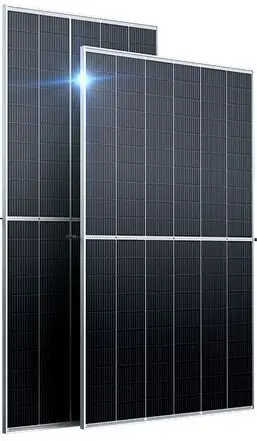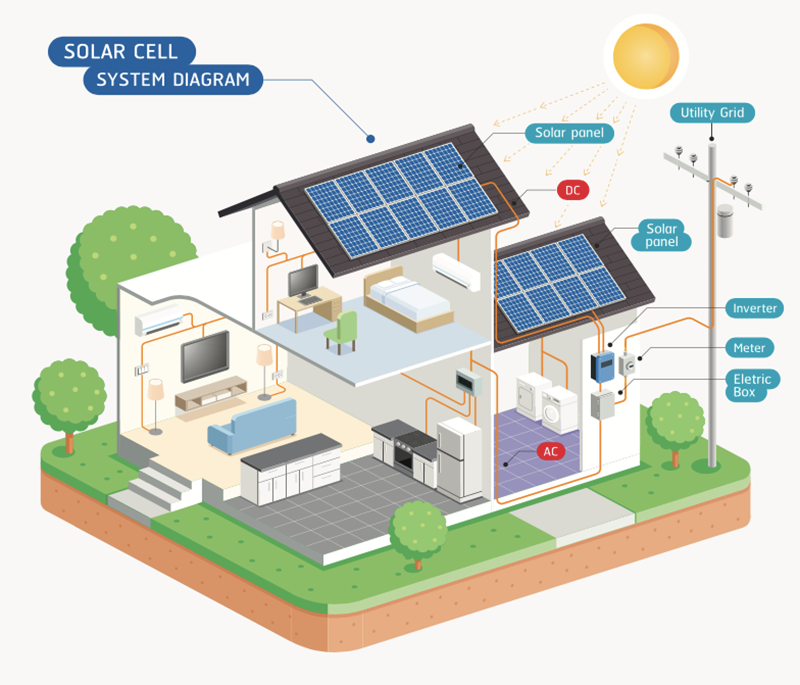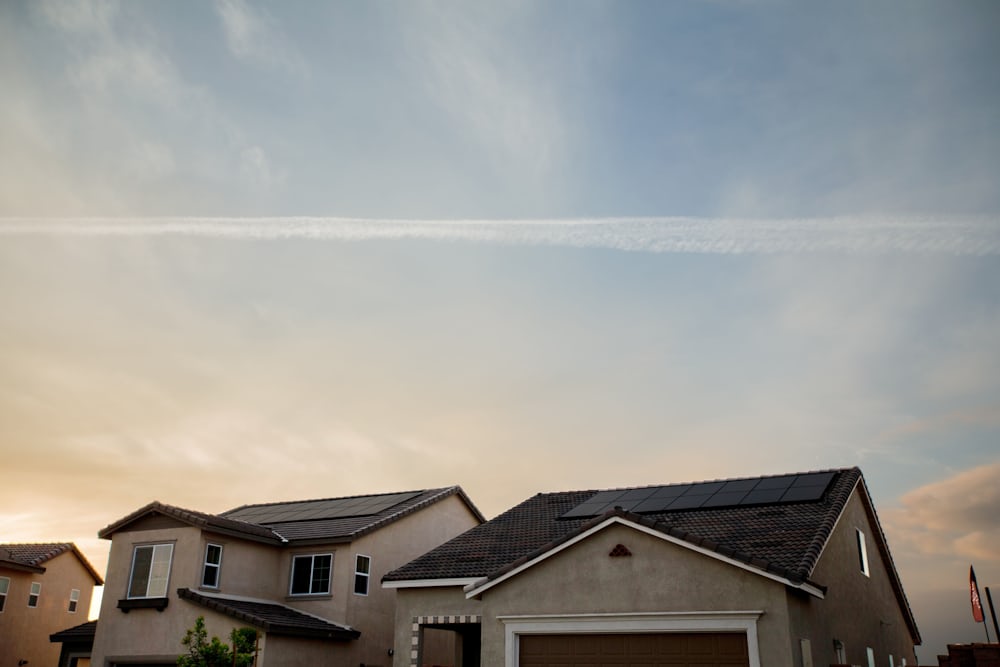A Guide for Smart Buyers in The U.S.
Shopping for solar panels can feel like a daunting task, especially with the rising number of choices and technical jargon. For many homeowners, solar energy represents a chance to lower electricity bills, increase home value, and reduce carbon footprints. However, finding the right panels that balance efficiency, budget, and longevity in the U.S. market involves navigating costs, choosing a reliable manufacturer, and selecting the right retailer.
In this guide, we’ll cover some of what you need to know about buying solar panels in the U.S., including important factors to consider, top brands, where to buy, and answers to frequently asked questions. Whether you’re a DIY enthusiast or planning to hire an installer, this article will help you make an informed decision.
1. Why Go Solar?
Switching to solar offers several benefits, but it’s essential to understand the specifics before making a purchase.
- Energy Cost Savings: By generating your electricity, you can reduce dependence on local utilities, especially during peak hours.
- Environmental Impact: Solar power significantly reduces your carbon footprint.
- Energy Independence: Solar panels with battery backups allow power storage for use during blackouts or high-demand times.
2. Important Factors When Shopping for Solar Panels
A. Efficiency and Types of Solar Panels
Efficiency refers to how effectively a solar panel converts sunlight into electricity. Most modern panels in the U.S. offer efficiencies between 20-24%, with monocrystalline panels often leading the market in performance due to their high purity silicon cells. Popular choices include:
- Monocrystalline Panels: Highly efficient and durable, suitable for rooftops with limited space.
- Polycrystalline Panels: Less efficient than monocrystalline but generally more affordable.
- Thin-Film Panels: Lightweight and flexible but less efficient, usually suitable for larger, less constrained areas.
B. Costs and Tariffs
Solar panels can be a significant investment, with costs ranging from $0.35/Watt and higher in the U.S. Due to tariffs, imported panels are often pricier than domestic ones, with brands like QCells and REC offering high-quality options manufactured in the U.S.
C. Quality and Warranty
A good solar panel should come with a warranty of 20–25 years. Reliable brands such as QCells, known for durability and efficiency, offer extensive warranties, which is essential to ensure long-term performance.
D. Shipping and Freight
Since solar panels are heavy (around 40 pounds each) and fragile, shipping requires specialized handling, often adding to the final cost. Freight shipping is usually necessary, so it’s beneficial to buy from companies with experience in logistics.
3. Where to Buy Solar Panels: Top Retailers for DIY Solar Systems
In the U.S., few retailers cater specifically to individual homeowners, as many suppliers prefer working with installers. However, several stores provide quality solar products for those who prefer a DIY approach:
- Signature Solar: Offers a variety of solar equipment for DIY enthusiasts, including inverters, panels, and battery systems.
- Watts247: Specializes in solar kits for residential systems, making it easy for homeowners to purchase everything needed for a complete setup.
- Renvu: Known for competitive pricing and a wide range of products, ideal for those building custom solar systems.
Shopping from these retailers can simplify the DIY process, but consider additional costs for equipment delivery and consult a professional if you have technical concerns.
4. Top Brands to Consider for Solar Panels in the U.S.
Choosing a reputable solar brand is critical for a durable and efficient system. Here are some top choices:
- QCells: A leading U.S.-based manufacturer, known for high efficiency and reliable warranties. QCells has been resilient to market changes, making it a trusted brand.
- LG Solar: Offers durable panels with competitive efficiencies, though slightly higher in price.
- Canadian Solar: Provides budget-friendly options with solid performance, though the brand is subject to tariffs.
When selecting a brand, consider efficiency, warranty, and overall value to maximize your return on investment.
5. Common Questions About Shopping for Solar Panels
Q: Are Solar Panels Expensive to Buy and Install?
Yes, solar panels require a significant initial investment, though tax credits and incentives help offset costs. In the U.S., homeowners can currently benefit from a 30% federal tax credit, along with potential state-level incentives.
Q: Should I Hire an Installer or Go DIY?
Hiring a certified installer can streamline the setup and ensure efficiency, but DIY can save on labor costs. Retailers like Signature Solar provide kits and resources, but technical know-how is essential.
Q: How Many Panels Do I Need?
The number of panels depends on your energy needs, panel efficiency, and available roof space. An average American home may need around 20–25 panels to cover daily electricity use.
Q: How Do I Know If My Roof Can Support Solar Panels?
Most roofs can support solar panels, but it’s essential to assess for sunlight exposure, structural integrity, and available space. Flat roofs may need adjustments for optimal angles.
Q: What Are the Best Solar Panel Types for Limited Space?
Monocrystalline panels are highly efficient and work best in limited spaces due to their ability to produce more energy per square foot.
6. How to Make a Smart Solar Panel Purchase Decision
A. Research and Compare
With tariffs affecting prices and selection, research multiple brands and retailers to ensure you’re getting the best value. Compare specs, warranties, and reviews to make an informed choice.
B. Consult with a Professional
Even if you’re planning a DIY project, a consultation with a solar expert can ensure proper setup and prevent costly mistakes.
C. Review Incentives and Financing Options
Many states and utilities offer solar rebates and financing options, allowing homeowners to install panels with minimal upfront costs. Programs vary by location, so research options in your state.
D. Prepare for Freight Shipping
Since panels are heavy and require freight shipping, be ready for potential additional costs. Some retailers include shipping in the price, while others charge separately, so clarify terms before purchase.
Conclusion
Buying solar panels for your home is a rewarding investment but requires thoughtful planning. By understanding the key factors—such as efficiency, cost, and brand reputation—you can choose a high-quality system tailored to your needs. With numerous tax incentives and financing options available, it’s easier than ever for U.S. homeowners to go solar. Take advantage of this guide to navigate the shopping process confidently and start your journey towards clean, renewable energy.



